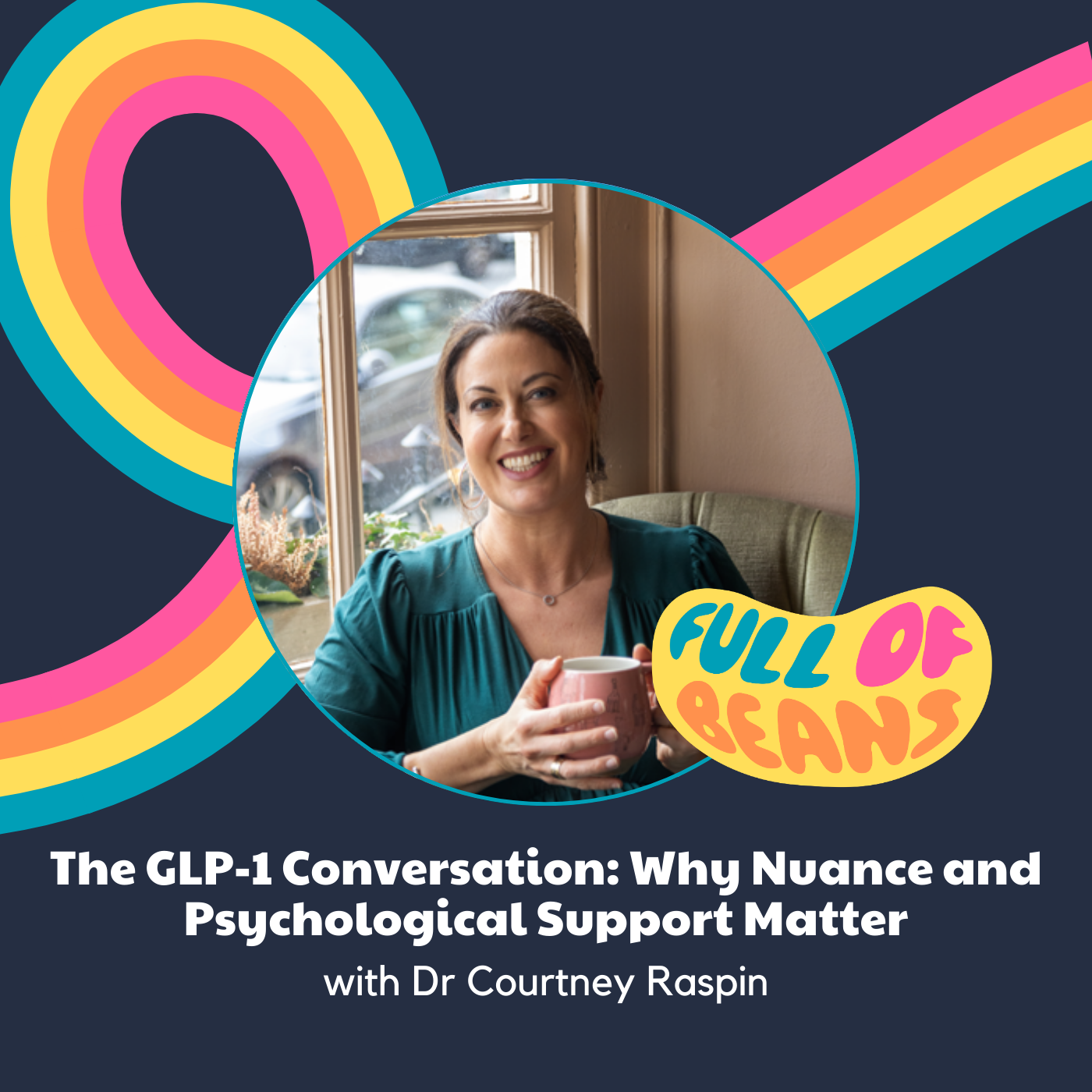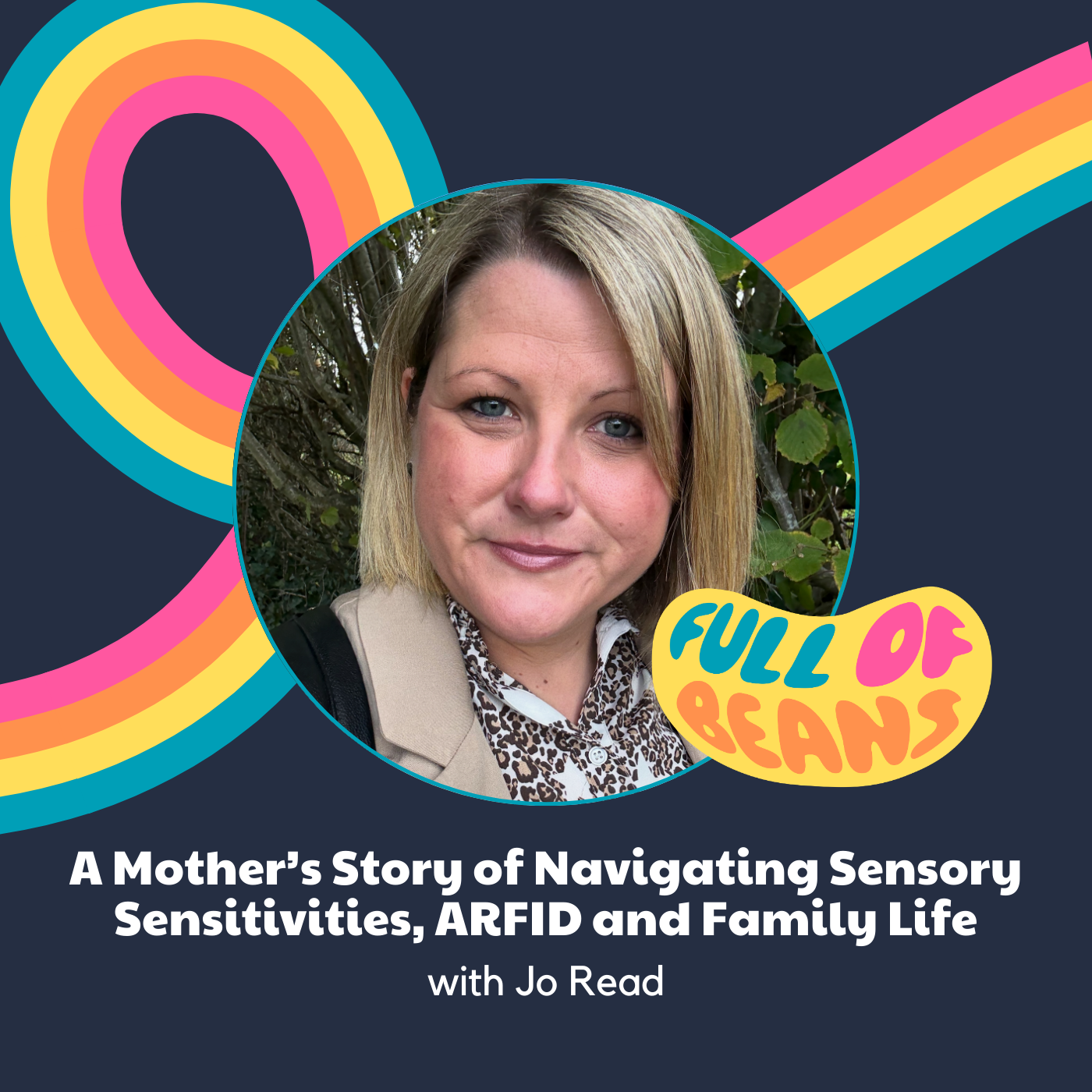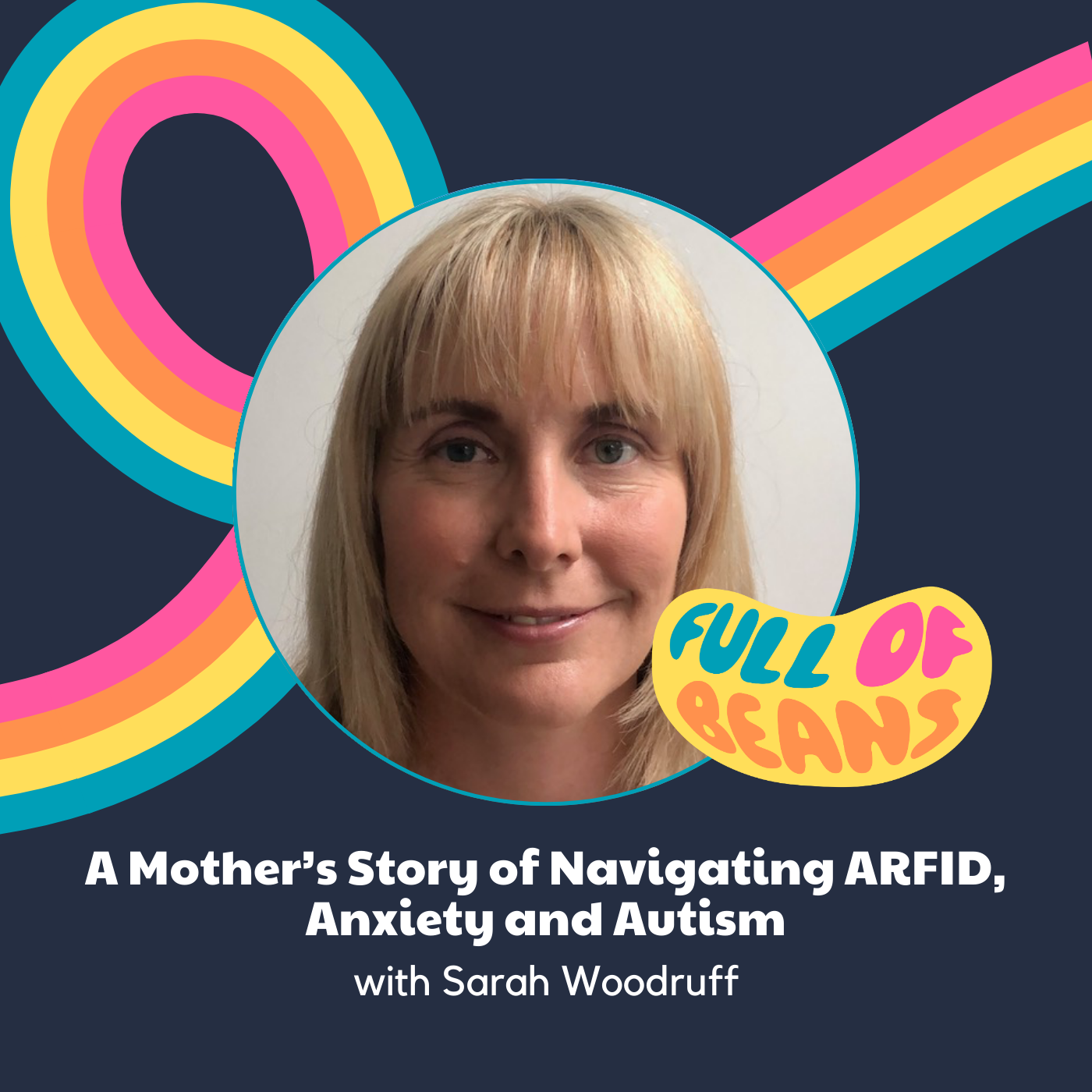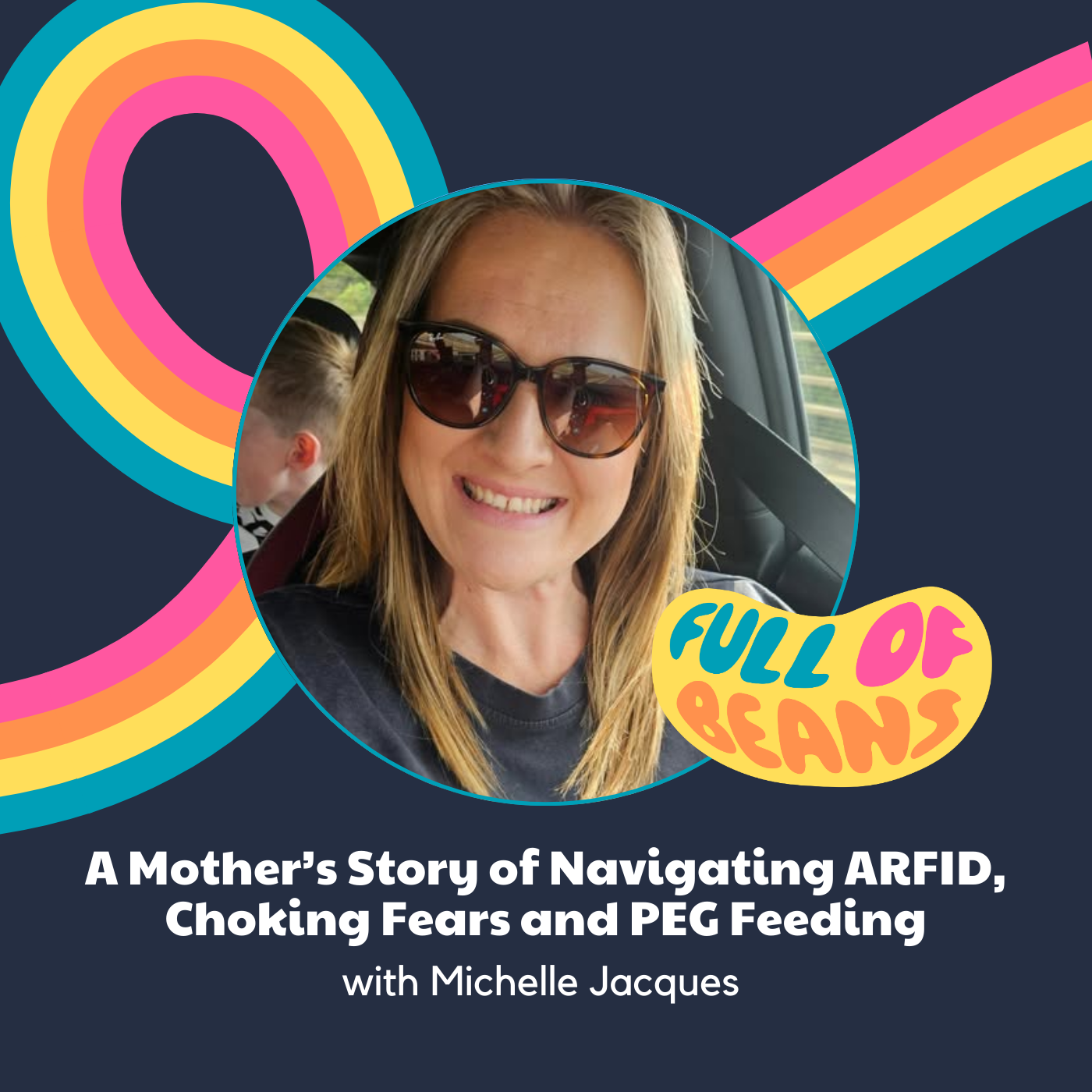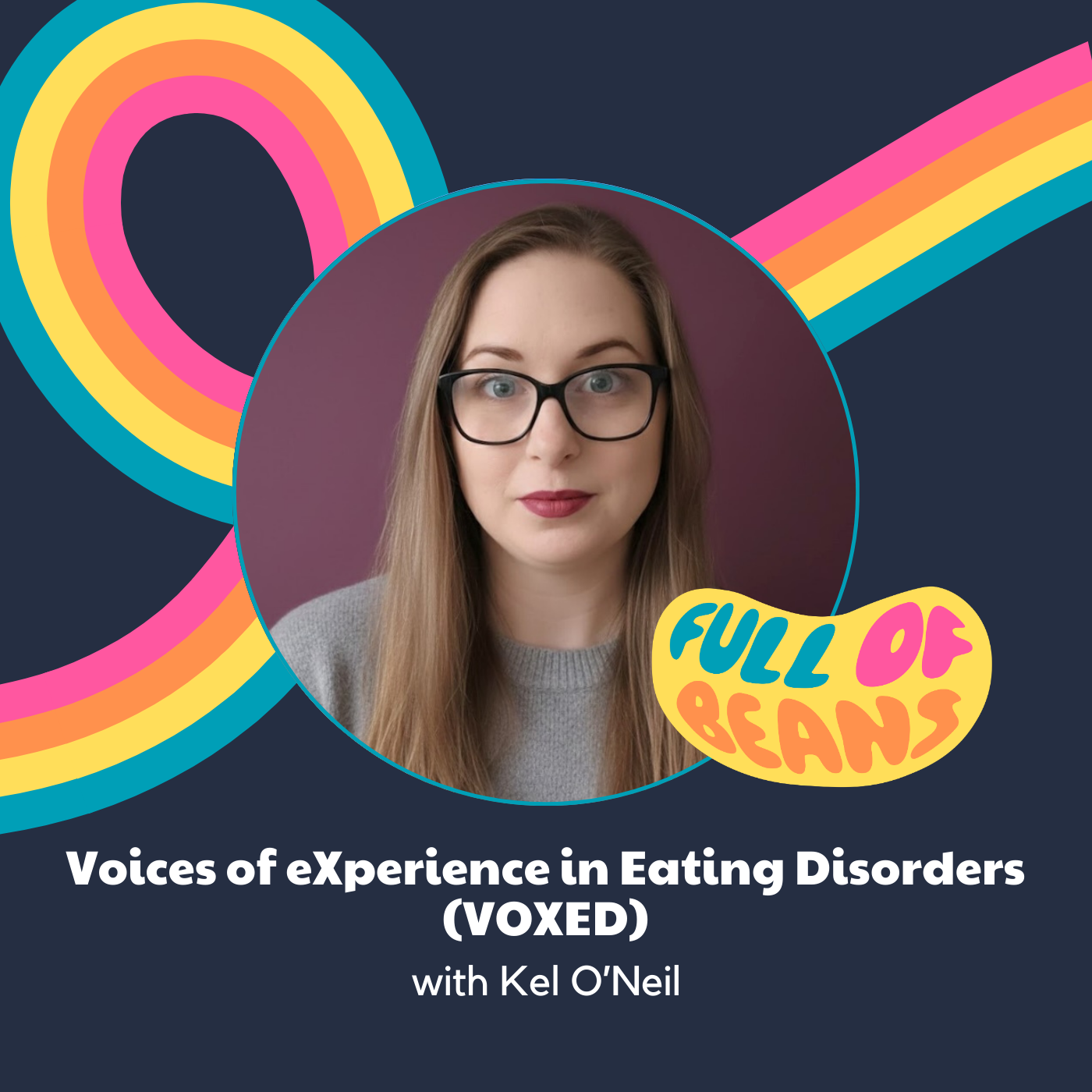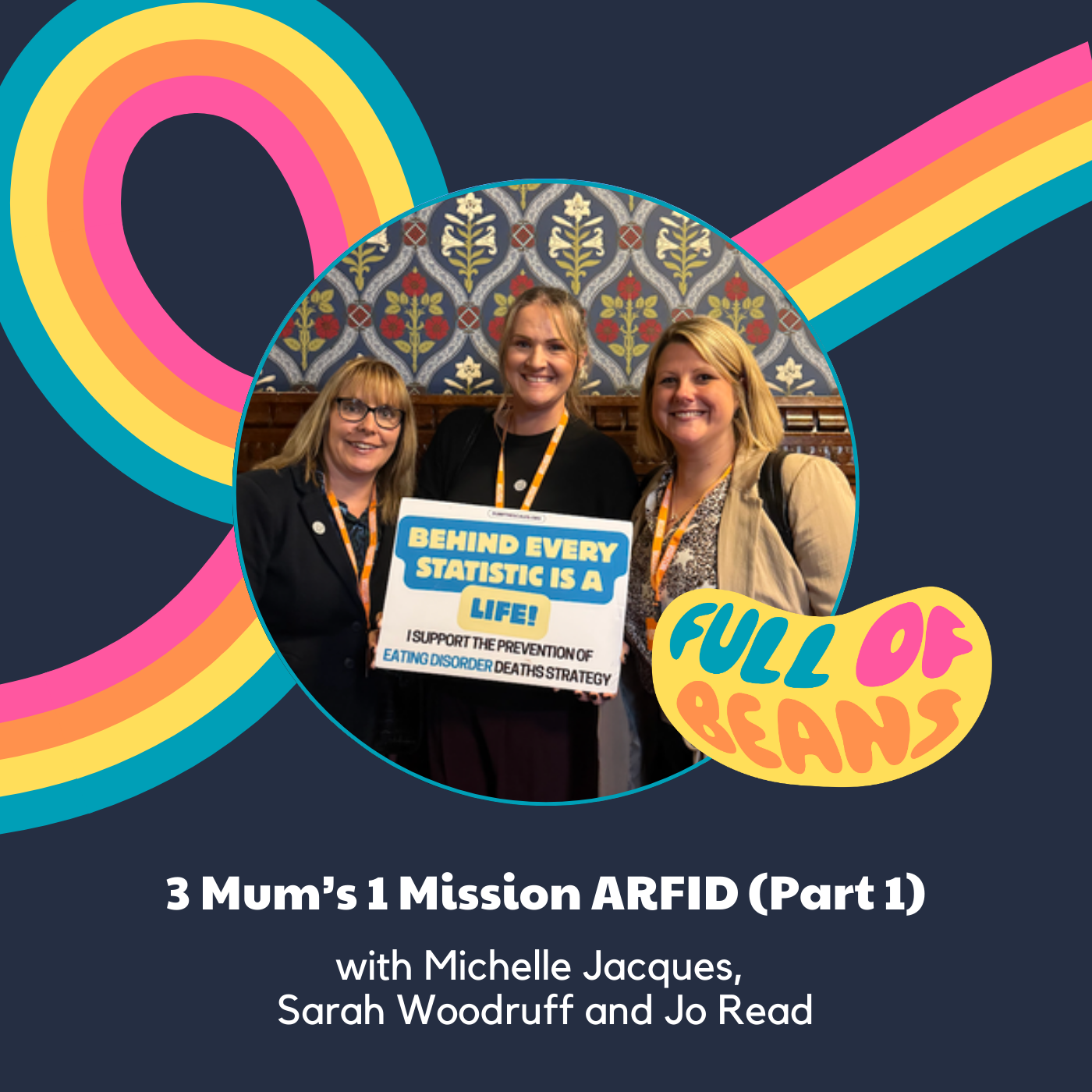A Mother and Son's Journey Through Male Eating Disorder Recovery
New Title
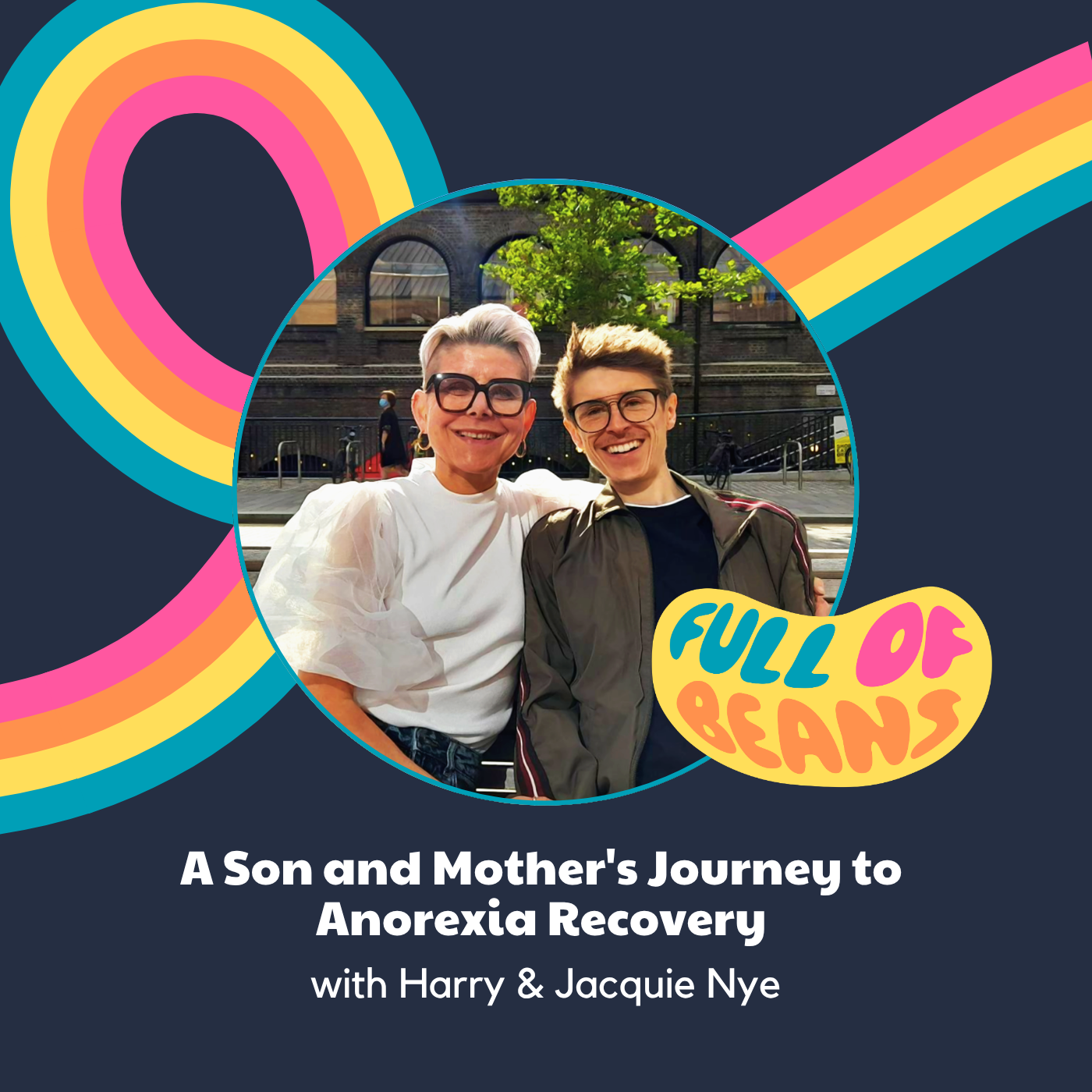
Eating disorders have long been stereotyped as a "female issue," leaving countless men suffering in silence. But the truth is simple: eating disorders don’t discriminate by gender.
In this episode of the Full of Beans Podcast, we explore this issue through the powerful lens of Harry Nye, who lived with anorexia for over 10 years, and his mother Jacqui, who supported him throughout his recovery. Their story reveals why increased male representation in eating disorder awareness, support, and treatment is urgently needed.
The Problem: Gender Bias in Eating Disorder Narratives
Despite the reality that men account for at least one in four eating disorder diagnoses (which is definitely an underestimate as this was from many years ago, and many men don't speak about their struggles), public messaging rarely reflects this. From awareness campaigns to treatment resources, the default patient is often assumed to be female.
Harry experienced this firsthand. His symptoms were minimised, his condition overlooked, and his concerns dismissed, even by professionals, simply because he was male. This led to delayed diagnosis, shame, and internalised stigma.
"Even the doctor said, 'men don’t get this.' That voice became my truth."
The Impact of Silence
When men don’t see themselves in conversations about eating disorders, they are less likely to seek help. This silence can be deadly. The absence of male role models in ED recovery spaces reinforced Harry’s denial.
It wasn’t until he connected with a recovered male, that Harry truly began to believe recovery was possible.
"I needed to see someone like me who had made it through. It made all the difference."
Why Male Representation Matters
- It challenges stigma - When we include male voices, we challenge the myth that eating disorders are only a female problem.
- It encourages help-seeking - Seeing other men speak out normalises help-seeking behaviour and breaks down shame.
- It improves diagnosis and treatment - Healthcare providers are more likely to recognise symptoms and provide appropriate care when male EDs are widely understood.
- It empowers families and carers - Parents like Jacqui often struggle to find resources geared toward supporting sons. Inclusive representation helps them feel seen and supported, too.
- It builds community - Recovery is not just personal, it's social. Male representation allows men to connect, relate, and heal together.
How We Can Do Better
Support platforms like Don’t Wait to Change
Harry and Jacqui's podcast is dedicated to giving voice to men with eating disorders and their families. It’s raw, honest, and incredibly needed.
Elevate male stories
Whether you're a clinician, researcher, or advocate, share lived experiences from men. Representation starts with visibility.
Train healthcare providers
Eating disorder professionals must be equipped to identify and treat EDs in men, who may present with different symptoms or motivations (e.g., muscularity vs thinness).
Adopt inclusive models like the New Maudsley approach
This family-based model recognises the complexity of eating disorders in all genders and gives loved ones practical tools to support recovery.
Let’s Break the Silence
Men with eating disorders exist. They suffer. And they deserve to recover with dignity, understanding, and proper care.
By raising awareness and including their stories, we make it easier for the next Harry — or the family supporting him, to reach out and feel seen.
🎧 Listen to the Full Episode:
Full of Beans Podcast – Harry & Jacqui Nye
📲 Connect with them on Instagram:
@dontweighttochange
If you're supporting a male loved one with an eating disorder, you're not alone. Help is out there, and recovery is possible — for everyone.
Sending positive beans your way,
Han 💛

